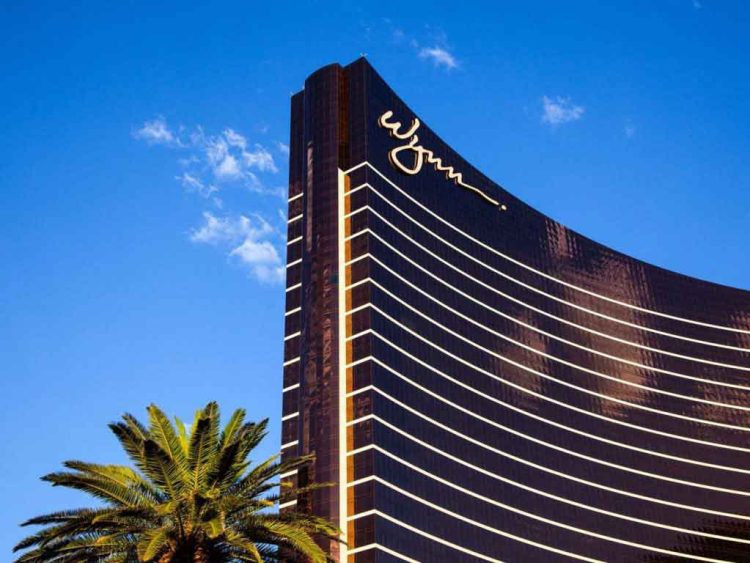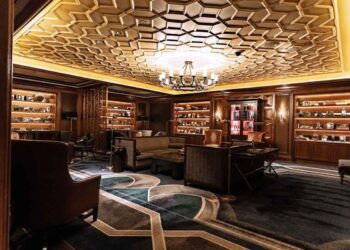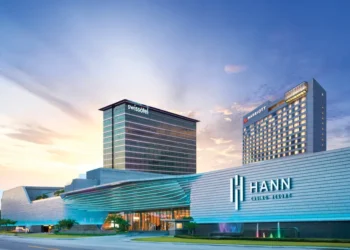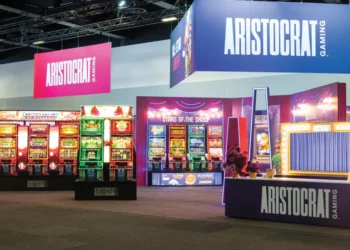Wynn Resorts said Wednesday that it remains cautious on any potential resumption of an IR licensing process in Japan, pointing to issues with the nation’s bidding and ownership structure as still being of concern.
The comments from Wynn CEO Craig Billings follow reports coming out of Japan that it may launch a second round of bidding in the hope of issuing up to two more licenses by 2027. Japan’s IR Implementation Bill, passed by lawmakers in 2018, provides for the development of up to three integrated resorts nationwide, however the complicated nature of the process and reluctance of most prefectures to take part ultimately saw only one license issued during the initial bidding round – for MGM’s US$9 billion IR project in Osaka.
Wynn had at one stage opened an office in Yokohama with a view to launching a bid but ultimately ceased all operations there in 2020.
Asked during its 1Q25 earnings call if the company was interested in returning to Japan should a second round of licensing begin, Billings said, “We will always look at any gateway city where meaningful capital can be deployed and where we think the Wynn brand resonates, so Japan fits that bill, but there are structural challenges in the way that the licensure and ownership have been outlined in Japan.
“When we look at [development opportunities], it’s got to be right and the setup has to be right for us.”
Billings also noted that Wynn’s interest in other greenfield opportunities – most notably Thailand and New York – as well as its ongoing development of Wynn Al Marjan Island in the UAE and planned capex investments in Las Vegas, Boston and Macau could make Japan challenging.
“We already have plenty of development opportunities,” he explained. “We have a land bank in the UAE, we have a land bank in Boston, we have a land bank in Las Vegas.
“In Thailand, obviously the bill there has been delayed and there’s some components of the bill that probably won’t work if they stay in the bill although it’s an amazing potential market with unbelievable airlift, infrastructure and tourism, so we’ve got plenty of development opportunities. We would only look at Japan if the setup was right.”
Billings stated in an earlier earnings call in February that Wynn had already decided to postpone expansion of its Las Vegas resort in order to ensure sufficient capex for its US$5.1 billion UAE project and any potential move for a license in Thailand.
Tariff troubles
Of more immediate concern to Wynn, Billings revealed, is the impact of US President Donald Trump’s tariffs with the company opting to postpone US$375 million worth of capital expenditure in Las Vegas.
The majority of that capex spend had been planned for an overhaul of hotel rooms in the Encore tower.
Although the direct impact of the tariffs was described as low and manageable with alternative sourcing for food and beverage currently being investigated, “capex is a different story,” according to the Wynn CEO.
“We had a number of capex projects in flight in the US and while we have sourced for those projects presuming some tariff impact, the current tariff rates have driven us to delay about US$375 million of capex projects including the encore tower remodel,” he said.
“Once tariff rates settle we will thoroughly re-spec and re-source the most severely affected items. While we’re staying nimble, the pace of change at the moment is just too significant to commit to any revised timing on that capex.”
Despite the delay, Billings said there had to date been no notable impact from the tariffs on its US or Macau operations. Macau was also “holding up well” amid concerns over potential fallout from the ongoing trade war between the US and China.
Mass table drop in April was “in line” with the same month last year” and VIP table drop “up nicely.”
“Golden Week, which just ended, saw mass drop up from last year and full occupancy in the hotels, but the booking window there is short and we are watching customer activity day-to-day,” Billings said.
Macau matters
While Golden Week was strong, competition in Macau remains fierce, Billings explained, even if a post-COVID surge in promotional activity had calmed down in recent quarters.
“What we see is a pretty stable promotional environment now but it’s the day-to-day and hand-to-hand combat of getting the customer to make a trip [to Macau] and getting that customer to come to your property,” he said.
Pointing to the importance of the premium mass segment, Billings added, “Competition for that customer segment is fierce and we rely on the things that we’ve always done really well which are service, the quality of the product and then muscles that we’ve built over the course of the past few years on machine learning, on offer development and offer delivery, and on many of the new amenities that we’ve put in such as the complete reconfiguration and changes that we’ve made in our food and beverage program. All of those things are important to our ability to be competitive.
“Coming out of COVID, everybody was kind of finding their footing [but] I think at this point everybody has found who they are and how they’re going to compete. I think that’s what we’re seeing in the market over the course of the past six months which is good for the market but it doesn’t change the fact that it’s a very, very competitive dynamic.
“That’s the reality we live with every day and we’re fine with it.”









-120x86.jpg)

























